Written Language Disorders (Reading, Writing)
What is Written Language Disorders (Reading, Writing)?
Some children have difficulty learning to read and write. Usually, this is a result of difficulties in some areas of oral language development. Dyslexia may be diagnosed in children when they have difficulty with reading. They may also have problems with understanding what they read (reading comprehension). Other children have problems with producing written language, such as spelling and writing cohesive sentences and paragraphs. Children who have written language disorders may be labeled as having a Language-Based Learning Disability.
Here is some information to help you decide how your child’s early literacy skills are developing. In typically developing children with age-appropriate spoken language skills:
3-4 years: Shows an interest in print and stories. Knows some letters and words. Participates in rhyming games.
4-5 years: Understands stories and knows many letter names. Can produce and recognize rhymes. Claps syllables.
By the end of Kindergarten: Understands that words are made up of sounds and can identify the first sound in words. Reads some words and books with repeating lines.
By the end of Grade 1: Identifies sounds, letters, words and sentences. Has many sight words. Starting to attempt to write a few sentences.
Children with speech and language delays or disorders are at risk for written language disorders. It is important to monitor these children as they enter school and during the early grades to ensure that their literacy skills are developing as they should. If you find that your child is having difficulty with identifying letters and letter sounds or understanding that sentences are made up of words and words are made up of sounds, talk to your child’s teacher and ask for help.
Parents can help their children develop literacy skills by talking to them about what is happening in their environment, reading to them daily, asking them questions about stories, and helping them to write their own stories. You can also improve their understanding of how print works by showing how to sound out words, making connections between letters and sounds, and helping them discover the words and letters all around them.
What can professionals do to help?
Speech-language pathologists (SLPs) play an important role in ensuring that all children receive appropriate instruction in reading, writing and spelling. They do this by identifying and assessing students with language learning problems that are impacting the child’s literacy skills and working with the school-based team to provide intervention strategies to facilitate the child’s learning.
